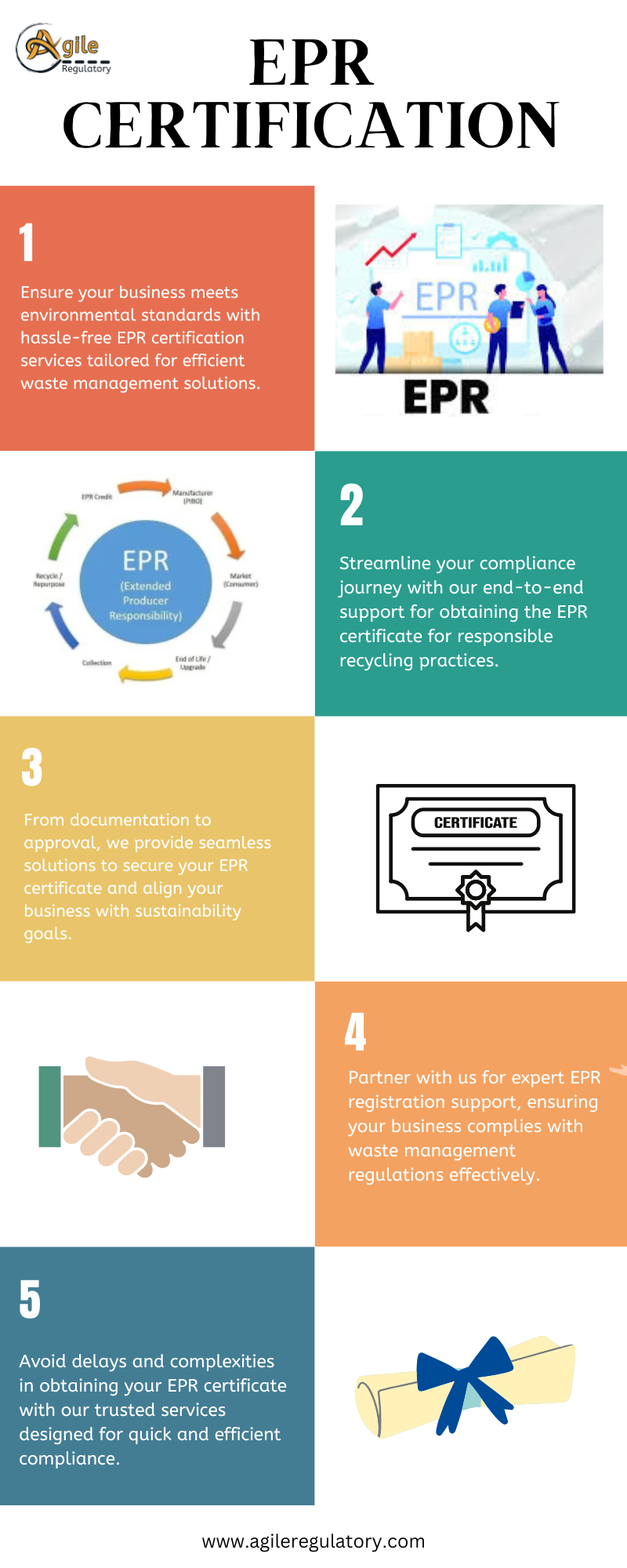Understanding the Circular Economy
Unlike the linear "take-make-dispose" model, the circular economy thrives on reusing, recycling, and refurbishing. For manufacturers, this means building longer-lasting products, using recyclable materials, and designing systems for repairability and reuse. In India, policies and consumer demand are aligning to support this shift. Key sectors like electronics, textiles, plastics, and packaging are at the forefront of the transition.
Regulatory Push and Government Initiatives
India's regulatory framework is rapidly evolving to support circular practices. Extended Producer Responsibility (EPR) norms under the Plastic Waste Management Rules and E-Waste Management Rules have made manufacturers accountable for the lifecycle of their products. The government is also encouraging green product innovation, incentivizing companies through schemes under the Ministry of Environment, Forest and Climate Change (MoEFCC) and the Bureau of Indian Standards (BIS).
Moreover, initiatives like the Production Linked Incentive (PLI) scheme are promoting energy-efficient, sustainable manufacturing. These regulations not only ensure compliance but open up avenues for R&D, product differentiation, and new market development, especially in global markets prioritizing sustainability.
Market Opportunities for Manufacturers
Embracing circularity helps manufacturers tap into growing domestic and international markets that prioritize eco-conscious products. By adopting sustainable supply chains, leveraging recyclable raw materials, and using energy-efficient processes, Indian manufacturers can reduce costs and improve brand value. Companies that integrate circular strategies are also more likely to attract ESG (Environmental, Social, Governance)-focused investors and partners.
Innovation is a key driver. From developing modular electronics that are easy to disassemble, to using biodegradable alternatives in packaging, manufacturers who adapt are poised to lead. Additionally, reverse logistics and take-back programs present new business verticals for collection, refurbishment, and resale.
Challenges and the Way Forward
Despite the potential, challenges such as lack of infrastructure, awareness, and standardization persist. Small and medium enterprises (SMEs), in particular, may find it difficult to transition due to limited resources and technical know-how. To overcome this, collaborative ecosystems involving government, industry associations, and regulatory consultants are crucial.
Skill development, innovation grants, and access to green finance will further empower manufacturers to move towards circularity. With the right support, India’s manufacturing sector can not only meet regulatory demands but also become a global leader in sustainable production.
How Agile Regulatory Supports the Shift
At Agile Regulatory, we help manufacturers seamlessly navigate the compliance landscape linked to circular economy mandates. From obtaining EPR certificates and BIS registrations to waste management approvals and environmental clearances, our expert team ensures your business stays compliant while unlocking new opportunities. With a focus on simplifying complex procedures and reducing turnaround time, Agile Regulatory is your trusted partner in building a future-ready, sustainable manufacturing business.






